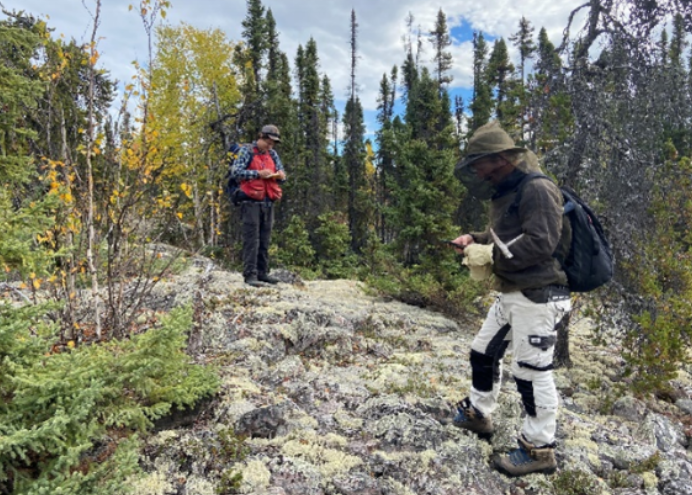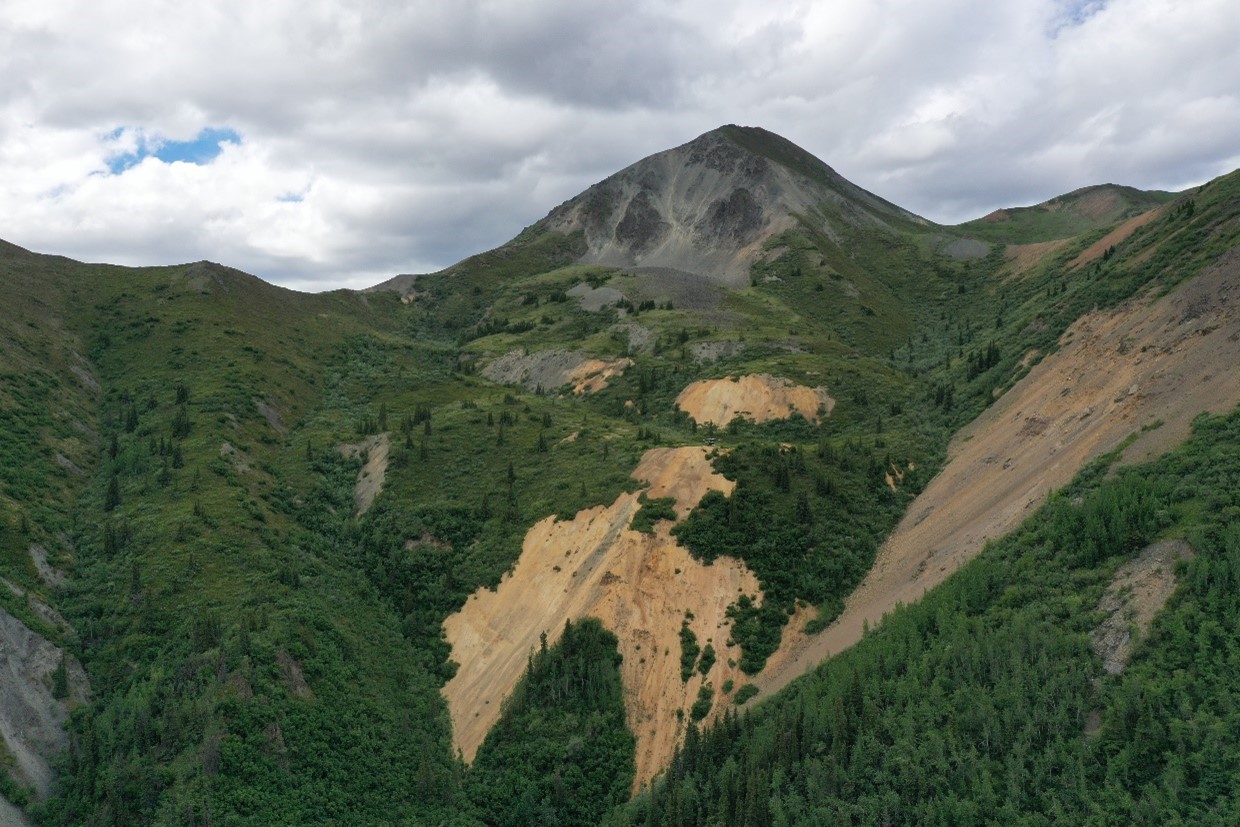Information recently released by the B.C. Crown Contaminated Sites Program (CCSP) has Mining Watch Canada calling on the provincial government to “stop talking and start acting” to prevent future mine sites environmental disasters.
MiningWatch Canada supports both the Auditor General’s and the Union of BC Indian Chief’s, (UBCIC) recommendations for a stricter, independent environmental oversight of the mining sector in BC, as well as a much stronger financial security regime that would ensure that the public is never left to foot the bill to clean up contaminated sites.
“Almost two years after the Mount Polley mine disaster, multiple cases of environmental mismanagement, and exponentially growing costs to clean up contaminated mine sites at taxpayers’ expense, it’s about time the B.C. government starts ‘walking the talk’ on desperately needed reforms in the province’s mining sector,” says Ugo Lapointe, Canada Program Coordinator at MiningWatch Canada.
The watchdog is reacting to new data released recently by B.C.’s CCSP that indicates a $231 million increase in costs for cleaning up contaminated sites since 2014 — an 83.4% increase in just two years — bringing the total to $508 million.
Lapointe says, “This is only the tip of the iceberg, as the recent report indicates that only 18 of 84 identified sites have been remediated to date, 16 are still under investigation, and 48 more are categorized as ‘lower priority’ and have yet to cleaned up. About 90% of these sites are mining sites.”
When compared to the 2014 report, CCSP’s 2016 report also reveals that only one new site has been remediated in two years. At this rate, it will take over 64 years to clean up the remaining sites.
“Clearly, this program has not been a priority for the B.C. government and nothing in the report indicates that this will change in the future. Nor is there anything to indicate that the B.C. government will seriously enforce the ‘polluter-pays’ principle so that the industry pays for the mess it created. That’s a shame, because at the end of the day, it’s B.C. taxpayers who will be left with a bigger hole in their pocket to clean up the mess,” says Lapointe.





Comments